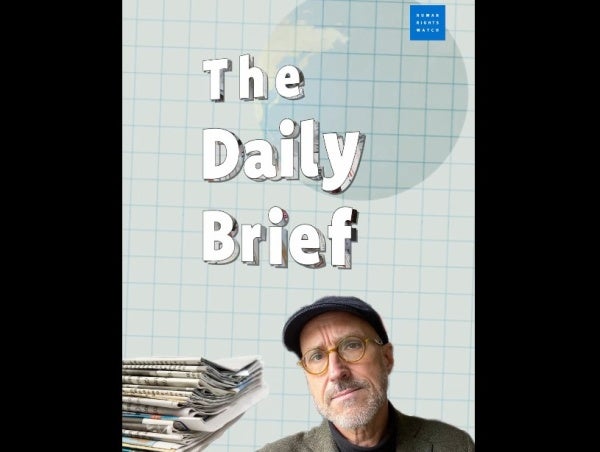Lire la version en français / Hier auf Deutsch lesen / Lea la versión en español
Repression in the run-up to Venezuela’s recent presidential election was severe, and it’s only got worse since.
In fact, the authorities’ actions following the July 28 vote read rather suspiciously like a to-do list for how to steal an election – or try to.
First, declare yourself the winner.
Just several hours after polls closed, Venezuela’s National Electoral Council announced incumbent Nicolás Maduro had won, with more than 51 percent of the vote. There were few, if any, real details given. The Council still has not released the tally sheets from the election, nor conducted the audits and citizen verification processes, as required by law.
Second, unleash a massive crackdown on those who question your declared victory.
Thousands have taken to the streets, in largely peaceful protests, to demand a fair counting of the votes. In response, the authorities and pro-government armed groups known as “colectivos” have committed widespread human rights abuses against critics. This includes harassment, detentions, prosecutions, and killings.
Resistance and repression have been seen particularly in low-income areas traditionally supportive of the Chavismo movement of Maduro and his predecessor, Hugo Chávez.
Venezuelan authorities themselves claim to have arrested more than 2,400 people in connection with protests. The rights group Foro Penal recorded more than 1,580 “political prisoners” arrested since July 29, including 114 children.
And the crackdown continues. Just this week, a judge issued an arrest warrant against opposition candidate Edmundo González for “conspiracy,” “incitement to disobedience,” and other alleged crimes.
Third, ignore international concerns.
The UN Electoral Technical Team and the Carter Center, which observed the elections, said the process lacked transparency and integrity. They questioned the declared result and said the precinct-level tally sheets the opposition had made public were reliable. The Carter Center noted those numbers showed González had likely won the election by a significant margin.
The governments of Colombia, Brazil, and Mexico have all called for talks with the Venezuelan government. The Permanent Council of the Organization of American States has approved a resolution urging Venezuelan authorities to publish the precinct-level tally sheets. It also urged authorities to respect human rights.
The prosecutor of the International Criminal Court, who is investigating crimes against humanity in Venezuela, has said his office is actively monitoring the situation.
Thus far, however, it seems Maduro’s government is dismissing international concerns just as stubbornly as it is rejecting Venezuelans’ votes and brutally repressing Venezuelans’ voices.







